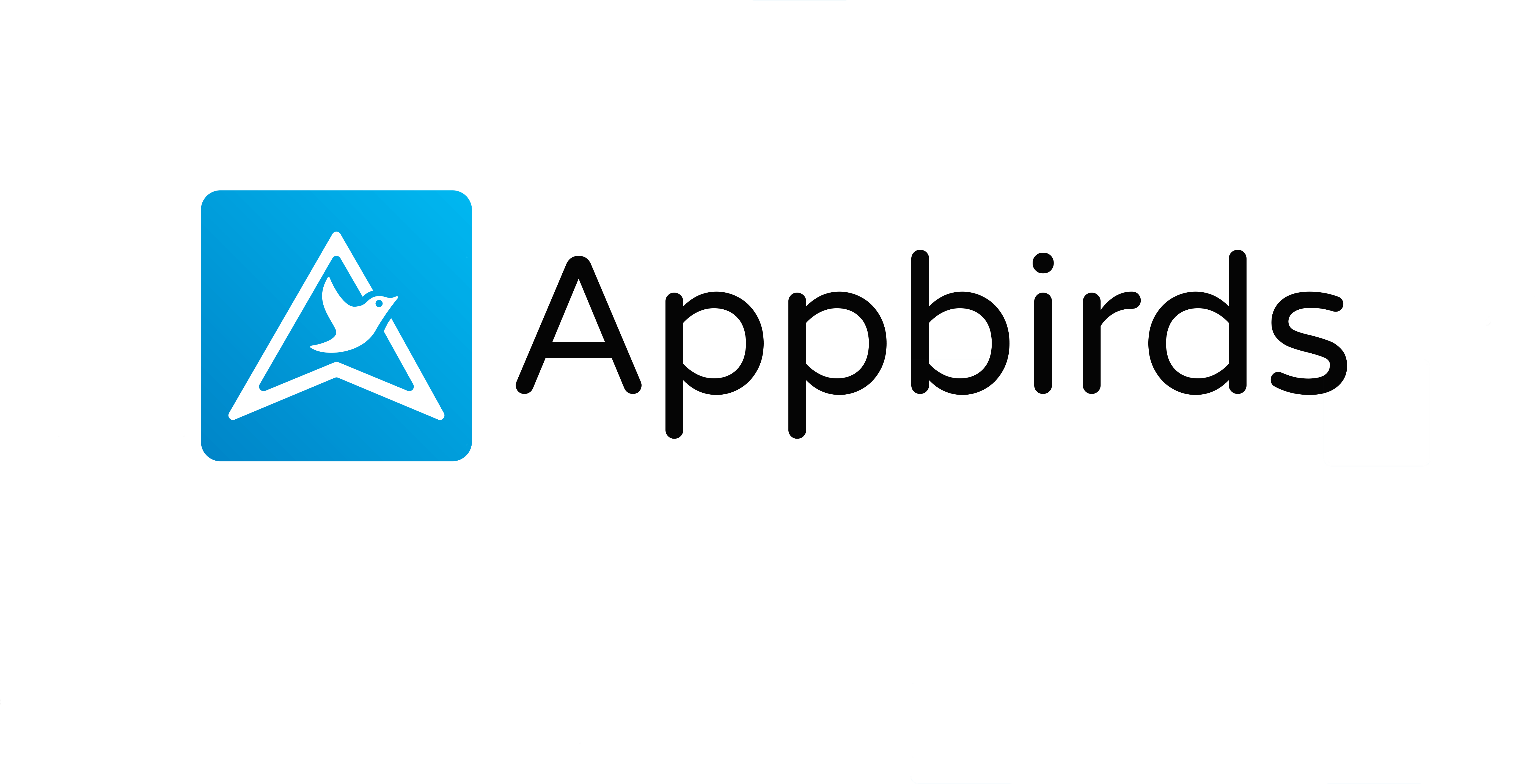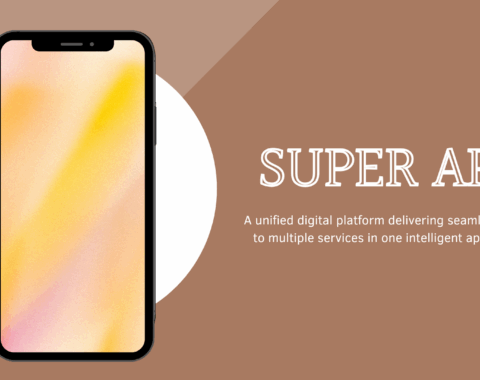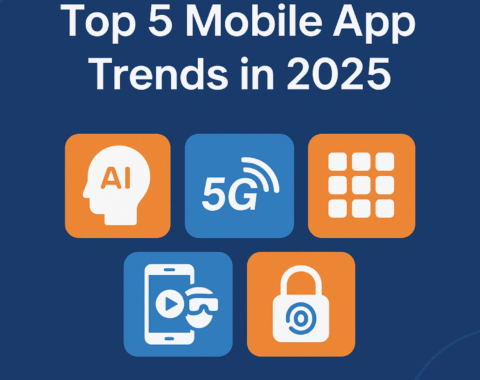Summary:
In the rapidly evolving digital landscape, modern marketing has moved far beyond traditional billboards and TV commercials. Businesses, especially tech-driven ones like Appbirds Technologies, must choose between performance marketing – driven by data and measurable results, and traditional marketing, which relies on broad exposure and brand recall. This blog dives deep into the key differences, pros and cons, and use cases, and ultimately helps you determine which approach best suits your goals.
Introduction
At its core, marketing is all about communicating the right message to the right audience. But in the age of digital transformation, the “how” has changed significantly. For a modern tech company like Appbirds Technologies, understanding the distinction between performance marketing and traditional marketing is vital to choosing the right strategy that aligns with ROI goals, scalability, and target audience behavior.
Let’s explore these two approaches and evaluate what works best for your business.
What is Performance Marketing?
Performance marketing emphasizes accountability, requiring payment only when users take specific actions like making a purchase or submitting a form. It’s rooted in online platforms like Google Ads, Facebook Ads, affiliate marketing, influencer collaborations, and email marketing.
This model is measurable, scalable, and ROI-focused. Brands can track every dollar spent and determine exactly how much revenue is being generated, making it especially appealing to startups, e-commerce platforms, and tech-driven businesses.
Key Channels of Performance Marketing:
- Search Engine Marketing (SEM): Paid search ads on platforms like Google Ads or Bing Ads using a pay-per-click model.
- Paid Social Advertising: Leveraging platforms such as Facebook, Instagram, and LinkedIn to reach targeted audiences.
- Affiliate Marketing: Paying external partners for driving traffic/sales.
- Influencer Marketing: Trackable campaigns focused on key metrics such as engagement rates and conversion outcomes.
- Email Marketing: Targeted campaigns with high open and conversion rates.
What is Traditional Marketing?
Traditional marketing encompasses long-established promotional methods that typically operate through offline channels. Included are classic media outlets like television, radio, print ads, out-of-home displays, and postal mailers.
This form of marketing is typically used to build brand awareness on a broader scale. It’s often difficult to measure precise performance, but it plays a vital role in building trust and long-term brand equity.
Common Traditional Marketing Channels:
- Television and Radio Ads
- Newspaper and Magazine Ads
- Billboards and Posters
- Flyers and Brochures
- Event Sponsorships
Key Differences Between Performance and Traditional Marketing
| Feature | Performance Marketing | Traditional Marketing |
| Cost Model | Pay-per-action (clicks, sales, leads) | Fixed cost regardless of performance |
| Measurability | Highly measurable with detailed analytics | Limited tracking and hard to attribute ROI |
| Targeting | Laser-focused audience targeting | Broad demographic targeting |
| Flexibility | Real-time changes and optimization | Limited once ad is published |
| Speed of Results | Quick feedback and instant results | Slow build-up; more long-term impact |
| Budget Suitability | Works well with smaller, flexible budgets | Typically requires large, upfront investment |
| Channel | Online (Google, Meta, Email, etc.) | Offline (TV, Radio, Print, etc.) |
| Best For | ROI-driven campaigns, startups, e-commerce | Mass outreach, brand recall, and established brands |
Advantages of Performance Marketing
- Real-Time Analytics: You can track impressions, clicks, conversions, and ROI in real-time using platforms like Google Analytics, Facebook Business Manager, or affiliate dashboards.
- Highly Targeted: Campaigns can be tailored based on audience behavior, geography, demographics, interests, and even time of day.
- Optimized Budget: You only pay for what works. It ensures efficient use of every marketing dollar.
- Scalability: Once you find a winning formula, you can easily scale the campaign across platforms and markets.
- A/B Testing: Experiment with variations of ads, calls-to-action, and landing pages to identify what drives the best results.
Disadvantages of Performance Marketing
- Steep Learning Curve: Requires knowledge of platforms and analytics.
- Ad Fatigue: Repetitive digital ads can be ignored or blocked.
- Platform Dependence: Relying too much on one channel (e.g., Facebook or Google) is risky.
Advantages of Traditional Marketing
- Wider Reach: Great for reaching audiences who are less digitally active, like older generations or specific regions with limited internet access.
- Tangible Impact: A full-page newspaper ad or a TV commercial can leave a lasting impression and build brand credibility.
- Emotional Engagement: High-quality traditional ads (TV or print) can create strong emotional connections through storytelling.
- Brand Positioning: Useful for creating a sense of trust and authority in the market.
- Mass Awareness: Best suited for broad messages that need to reach a large, diverse population.
Disadvantages of Traditional Marketing
- Expensive: High production and placement costs.
- Hard to Measure: Difficult to calculate exact ROI.
- Limited Targeting: One-size-fits-all approach.
- Slow Optimization: Once an ad is out, changes are difficult.
When Should You Choose Performance Marketing?
- Ideal for startups and small businesses managing lean budgets.
- When your focus is on quick returns, generating leads, and boosting conversions.
- Best suited if your target audience engages heavily online and on social media.
- Perfect for those who value real-time tracking and data-informed decision-making.
- A strong fit for business models like e-commerce, SaaS, or online booking systems.
Performance marketing is ideal for those who are looking for quick wins and scalable growth. For example, an e-commerce company selling fashion products can use Instagram and Google Shopping Ads to drive traffic and conversions with a tight performance budget.
When Should You Choose Traditional Marketing?
- If you’re an established brand aiming to reinforce trust and recognition.
- If you need to reach a mass audience regardless of their online habits.
- If you’re launching a large campaign like a new product or brand repositioning.
- If you’re targeting an older demographic or regions where digital penetration is low.
- If your brand values include prestige, emotional storytelling, or authority – which traditional formats can amplify.
For example, a real estate company might benefit from local newspaper ads and billboard placements that target residents of a specific area, building familiarity over time.
The Hybrid Approach: Best of Both Worlds
Many modern businesses are now blending the two strategies for maximum impact. A hybrid marketing strategy can combine the measurability of digital channels with the brand authority of traditional media.
Example:
A luxury car company might:
- Launch a national TV commercial to build aspiration (traditional)
- Run Google Ads to generate dealership inquiries (performance)
- Use social media ads to retarget website visitors (performance)
This integration maximizes reach, engagement, and conversions.
Final Verdict: Choose What Aligns with Your Goals
There is no one-size-fits-all answer. If you’re looking for immediate ROI, scalability, and data-driven decisions, performance marketing is ideal.
But if your goal is to build long-term brand equity and you have the budget to support it, traditional marketing can still offer value – especially when combined with digital efforts.
At Appbirds Technologies, we specialize in data-driven digital strategies tailored for businesses looking to grow with confidence. Whether you’re launching a new app, scaling your SaaS business, or exploring new digital opportunities – we help you choose the right mix of marketing that delivers results.
Need Help Choosing the Right Strategy?
At Appbirds Technologies, we specialize in custom digital growth strategies that merge the best of both worlds. Whether you’re a startup aiming for rapid scale or a legacy brand going digital – we help you strategize, implement, and win.
📞 Let’s chat about how to grow your brand – contact us today.
FAQs
What is the main difference between performance marketing and traditional marketing?
The main distinction is in tracking and cost-efficiency—performance marketing is metrics-focused and ROI-driven, with payment based only on actions like clicks or conversions. Traditional marketing focuses on brand awareness through offline channels like TV, radio, and print, with fixed costs and limited tracking capabilities.
Can performance marketing and traditional marketing be used together?
Absolutely. A hybrid approach combining both methods often delivers the best results. For example, you can use traditional marketing for mass awareness and branding, while running digital campaigns to drive conversions and track ROI.
How can I track the success of my performance marketing campaigns?
You can use analytics tools like:
- Google Analytics
- Facebook Ads Manager
- UTM Parameters
- Conversion Pixels
- Email Open/Click Rates
These tools allow real-time performance tracking, A/B testing, and ROI measurement.
Which types of businesses see the greatest advantage from performance marketing?
Performance marketing is ideal for:
- Startups and SMBs
- E-commerce businesses
- SaaS companies
- Tech-driven platforms
- Brands looking for measurable ROI and rapid scalability
Why is traditional marketing often considered better for brand recall?
Traditional marketing uses tangible and emotionally impactful formats like TV ads, magazine spreads, or billboards. These formats create memorable impressions and foster brand trust over time, especially among older or offline audiences.
How can Appbirds Technologies help me choose the right marketing strategy?
At Appbirds Technologies, we analyze your business goals, audience behavior, and budget to recommend the ideal mix of performance and traditional marketing. Whether you’re aiming for fast digital growth or long-term brand positioning, we deliver strategies that generate real results.



